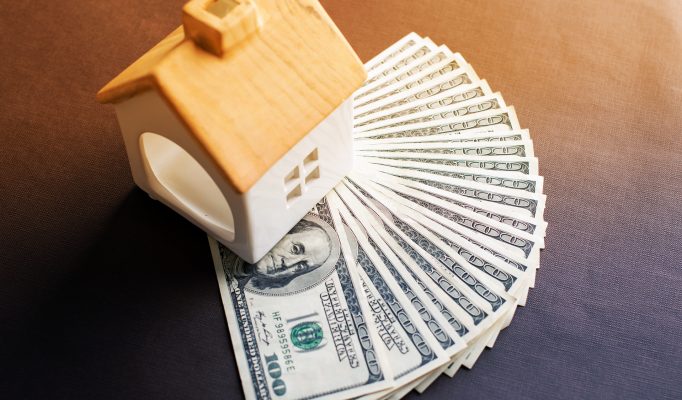Home equity can be looked at from multiple perspectives but it always represents the same thing. In simple words, home equity represents your stake in a property or the value of the house that you are entitled to.
For mortgage loans, equity is very easy to understand. We will start with a simple example. A home is valued at $200,000 and you want to finance it. You come with a down payment of 20% meaning that you need to get a loan for the reset of $160,000. In this case, your equity is $40,000 down payment. However, your equity can increase without paying off the loan.
The value of the house can increase over time. Let us imagine that you paid $60,000 for that loan. The outstanding balance of the loan is $100,000. That is the equity that your lender has over that house. If the house is appreciated and it is now worth $300,000, your equity increased to $200,000. In terms of numbers, you paid for the house $100,000 and gained another $100,000 due to appreciation. If you were to sell the house, your home equity would be the difference between the value at which the house was sold minus the outstanding amount of money still due to be paid for the loan. It means that you paid $100,000 for the house and due to appreciation, you gained another $100,000. You can sell the house, pay down the loan, and liquidate your home equity for a profit.
In the above scenario, we assumed that your home increased in value. The opposite can happen when the economy is experiencing negative downturns. Your equity can go down if the value of the house goes down. If we were to compare this with stocks, you only lose money when you sell. The best approach is to keep the house when the market goes down and wait for it to recover to preserve your home equity.














